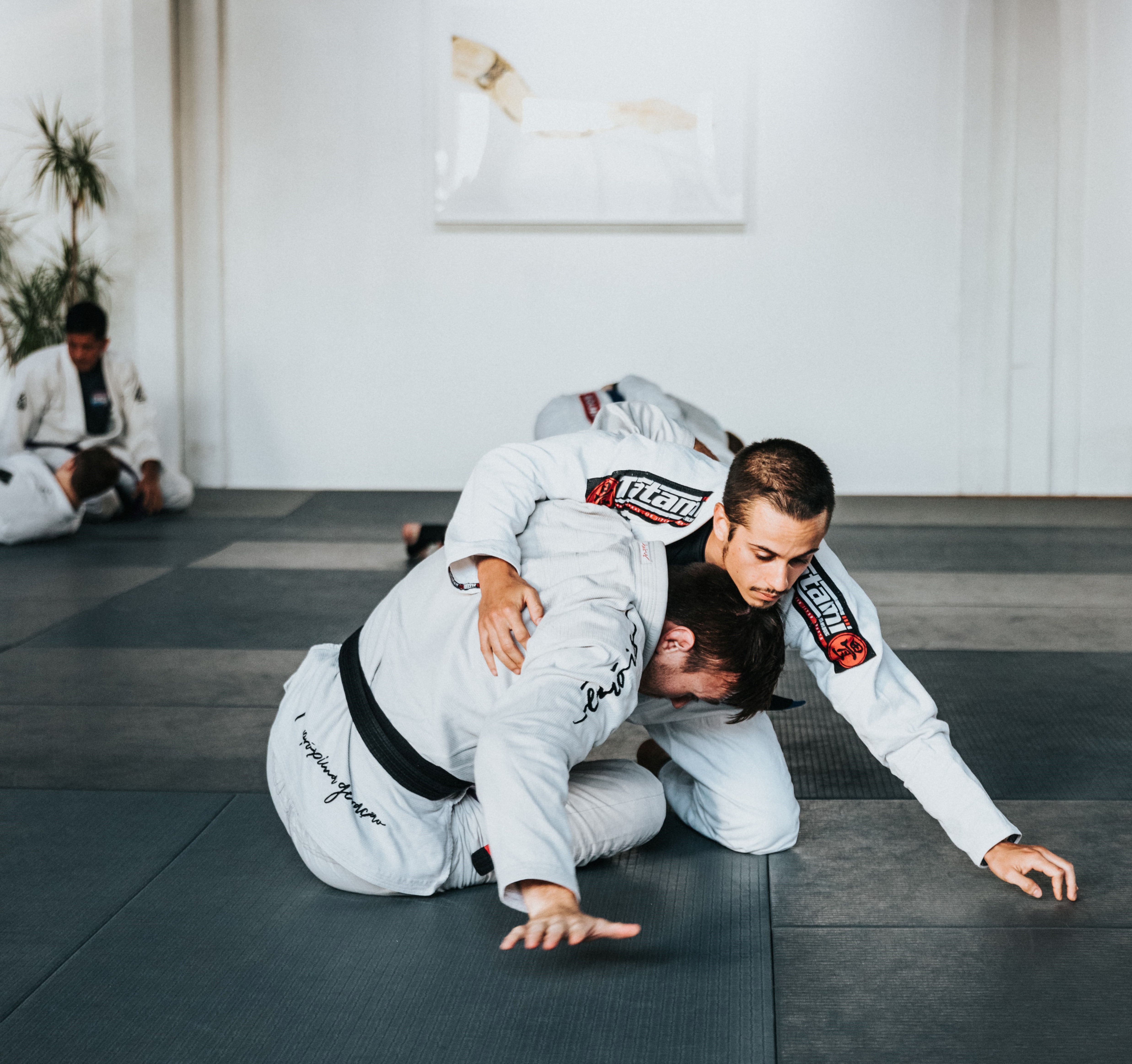“Life is pain, highness. Anyone who says differently is selling something.”
William Goldman, William Goldman: Four screenplays
“Breaking News: there is pain in the world.”
Wouldn’t that be the most ridiculous headline you’d have even seen?
No one needs a lecture on what is pain. For each one of us, it comes in all shapes and sizes.
Pain is synonymous with so many human emotions. It’s been expressed in music, cinema, literature and art for thousands of years.
So how have we been managing it? Have humans gotten any better at dealing with it? Or at least, have we been able to find some use for it? The answer is yes.
The expression “No pain, no gain” is well known and quite popular particularly in sports. Here the significance of pain is easily apparent to all. If you want to be an athlete, you need endure thousands of hours of physical pain at the minimum to reach a level of fitness that allows to compete and become the best.
Here the return on investment is ultimately clear and easy to see. For an aspiring young football fan who dreams of stardom, he or she can see the rewards of success of world known athletes. Being able to see the reward makes it simple, you see the target and you know what to do to reach it.
What happens then when the reward isn’t as obviously marvelous as those publicized by the rich and famous?
If a person is trying to move from point A to point B. It’s arguably much easier to motivate oneself to leave point A, when they can see the benefits of reaching point B with their own eyes. These benefits clearly manifested by those who made the same trip before them. But what happens when they can’t see the reward at point B. They know they want to move but don’t have the added motivation that comes with seeing the prosperous gains almost in front of them.
Through the busy hectic and often toxic lifestyles we live, it is common to suffer from failure. Failure is again related to pain. We see something we want and we even might have a plan to reach it, but we fail. This is a story as old as time.
And after failing several times, we begin to adapt our expectations. We try to find a way to live with this pain of failing, of falling short. A short way to do that is to try and lower the standard, so that in a way the failure ceases to become a reality.
It doesn’t work very well and we find ourselves facing a demon called regret.
-
I wish I’d had the courage to live a life true to myself, not the life others expected of me.
-
I wish I hadn’t worked so hard.
-
I wish I’d had the courage to express my feelings.
-
I wish I had stayed in touch with my friends.
-
I wish that I had let myself be happier.
In a report by the Guardian[1], a palliative nurse claimed these were the five biggest most common regrets of people bed-ridden awaiting death.
Four out of five are not regrets of what they did, but rather what they didn’t do.
That is what we fear most, to not accomplish or pursue or finish or experience something we wanted all along but for many reasons couldn’t.
At this point in the article, the only conclusion one would come to is, pain is rampant and for no good. Yes, and no. Pain is everywhere, but not for no good.
In many cases, there are external factors that prevent us from reaching our goals and throw us onto a path that ends with pain of regret.
In others however, the burden of blame falls on us.
Pain of regret happens because we chose that over another pain. Pain of sacrifice and of hard work. In other words, pain of discipline. Sometimes we are unable to persevere with that pain and so we end up with another. Life will always have pain but in this instance, you have a choice between two kinds; pain of regret, and pain of discipline.
It is difficult to simply advise someone to just go ahead with it. It’s a daily struggle. A daily fight to always choose which pain. Which do you want to endure.
It’s all easily said in words.
But there is truly no comparison to which is greater. There is almost nothing that can console a person looking back at their lives and feeling that pain of regret. Pain of discipline pales in comparison. It’s temporary and transient and most importantly it’s worth it.
Whether it’s starting your own business, finishing your tasks, working out, or making time for your family, these require self-discipline to achieve them.
If it’s so obvious, why is it hard to choose this pain? Two words
Instant gratification.
“It is the desire to experience pleasure or fulfillment without delay or deferment. Basically, it’s when you want it; and you want it now.”[2]
This concept is the basis of the two major enemies of self-discipline.
- The path of least resistance
- The expediency factor[3]
These are happening because we’re passive. We choose what is easy, what is convenient. You’ll always hear coaches say that true body transformation happens when you’re in pain. The same applies here. We try to avoid pain or discomfort and we look for what is easy, always looking for the shortcut. This mentality is not conductive of self-discipline, it leads to the opposite.
Now that we’ve identified these enemies, how do we fight them?
-
The first step. Acknowledge that you bear the responsibility of your success. Don’t fall into victimhood and look at other people’s lives.
-
Take the decision to be self-disciplined not just once, but every single day.
-
Be self-aware, don’t go too easy on yourself and be on alert to when you’re choosing the easy road.
-
Help yourself, learn time management so you can accomplish what you want more efficiently thereby motivating yourself further
-
Set small simple tasks at first, work your way up, don’t overload yourself too early on the road. It’s a marathon, not a race.
-
Love the pain, learn to see it for what it will bring you, not in the moment. Don’t live in the moment of the pain, be happy you’re on your way to your goals and away from a lifetime of pain of regret.
[1] Steiner, Susie. “Top Five Regrets of the Dying.” The Guardian. Guardian News and Media, February 1, 2012. https://www.theguardian.com/lifeandstyle/2012/feb/01/top-five-regrets-of-the-dying.
[2] Patel, Neil. “The Psychology of Instant Gratification and How It Will Revolutionize Your Marketing Approach.” Entrepreneur, June 24, 2014. https://www.entrepreneur.com/article/235088.
[3] Campbell, Sim. “Pick Your Pain: Self-Discipline or Self-Regret.” Unstoppable Rise. Unstoppable Rise, February 7, 2020. https://www.unstoppablerise.com/pain-of-discipline-or-pain-of-regret/.





